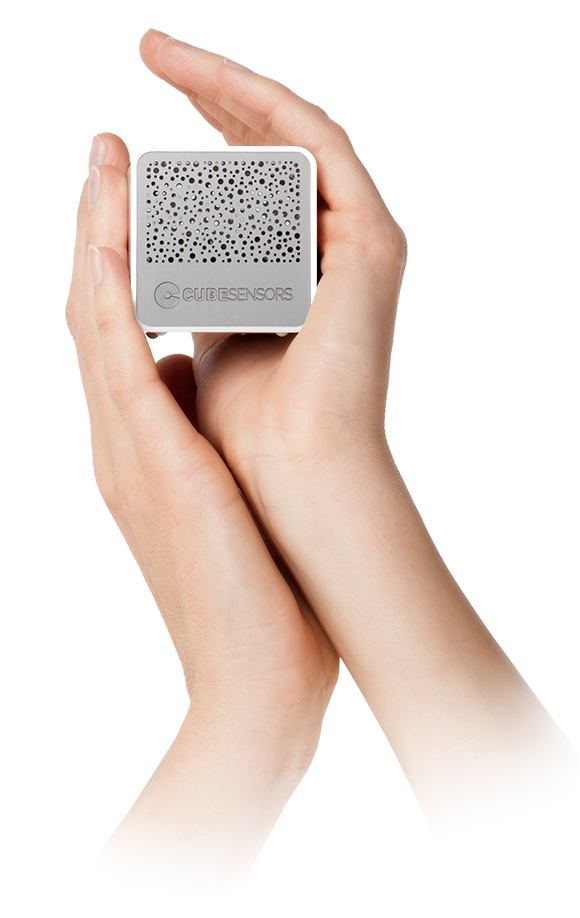Is air conditioning really to blame for your summer cold?
by Alja Isakovic
Colds and flu are common companions of cold, winter days. But every now and then, you might even catch a summer cold. When that happens, we’re quick to blame air conditioning for making our offices too cold. Is this the right assumption?

Beware of dry air and summer stress
Cold temperatures don’t cause colds on their own. It’s always viruses you can thank for that sore throat, runny nose and cough. However, it’s true that certain environmental conditions make it easier for cold and flu viruses to spread around. Low relative humidity in winter months (below 43%) is certainly something most viruses seems to appreciate, as it helps them to travel better through air.
Cooling down our indoors during summer also causes air to dry out, which in turn is related to a number of problems we experience in heavily air conditioned spaces. Irritated dry eyes are quite common, especially if you’re a contact lens wearer. As the air dries out, it may also cause the protective mucous barrier in your nose to dry, making you more vulnerable to infections. Viruses love a cold, dry nose!
Viruses also find it easier to attack individuals with a weakened immune system. The stress, caused by sudden changes in temperature and humidity you experience daily when moving between the blazing heat outdoors and overly cooled indoor spaces, can lower your immunity. Even the stress of planning a vacation or getting everything sorted out before leaving can make you a better target for viruses lingering in the air.
Keep in mind that symptoms of cold don’t necessarily mean a cold. Allergies that can feel similar to colds can be caused by pollen in the air from plants and moulds. Allergies, asthma and other respiratory problems are also caused by dirty air filters in HVAC (heating, ventilation, air conditioning) systems, a common cause of sick building syndrome.
Cooler isn’t better, keep your air filters clean
Air conditioning can be partially to blame for colds and respiratory problems during summer. That doesn’t mean the risks outweigh the benefits. Without AC, it’s nearly impossible to stay productive in higher temperatures. Air conditioning also helps to deal with high humidity and, if kept clean, even improve indoor air quality.
The trick is in keeping the temperature at comfortable levels, between 70°F and 75°F ( 21°C and 24°C) at offices. It’s also worth remembering that air conditioning doesn’t bring fresh air indoors. Thoroughly ventilating rooms in the evening or early morning can therefore help you get rid of existing air pollutants that are causing respiratory problems. And finally, if you want to keep your building healthy, it’s important to regularly clean or replace air filters.
